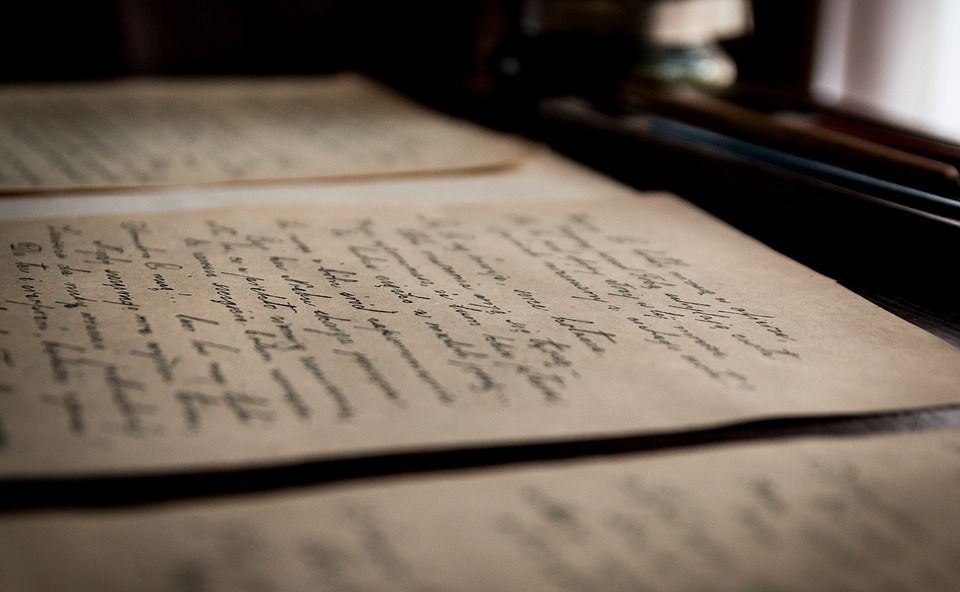一篇让你学会一般现在时用法
|
从接触英语开始,我们学习的第一个、也是使用最为频繁的时态就是一般现在时。该种时态的语法使用规则是表示“经常发生的动作或存在的状态。”那么具体而言,到底哪些情况下用一般现在时呢? 1.表示不受时限的客观存在,是一种永恒的动作或状态,包括客观真理、格言、科学事实及其他不受时限的事实。如: The earth moves around the sun. 地球围着太阳转。 2.表示现在习惯动作:此类常与频度副词连用。(always, often, seldom,usually) I often get up at 6:30 a.m. 我时常早上6点起床。 3.表示现时状态和现在瞬间动作。 现时状态:静态动词—What is the matter with you? 现在瞬间动作:表示短暂动作的动态动词,常用于实况报告和解说词。—I declare the meeting open. 4.表将来时间 (1)I hope/bet that 从句: I hope you have a nice trip.= I hope you will have a nice trip. (2)see to it / make sure/ make certain+ that 分句: I see to it that you get lost. (3)if/when 的条件句 If it is sunny tomorrow, we will go out. (4)表示过去时间:此类用法仅限于tell, say, hear,learn, gather等词。如: Lili tells us they will go to Beijing today. 一般现在时的用法规则“经常发生的动作或存在的状态”,其意义远没有那么一般和简单。一旦忽视,会造成致命的错误,因此,我们必须在理解的基础下记忆它的使用规则。 |









